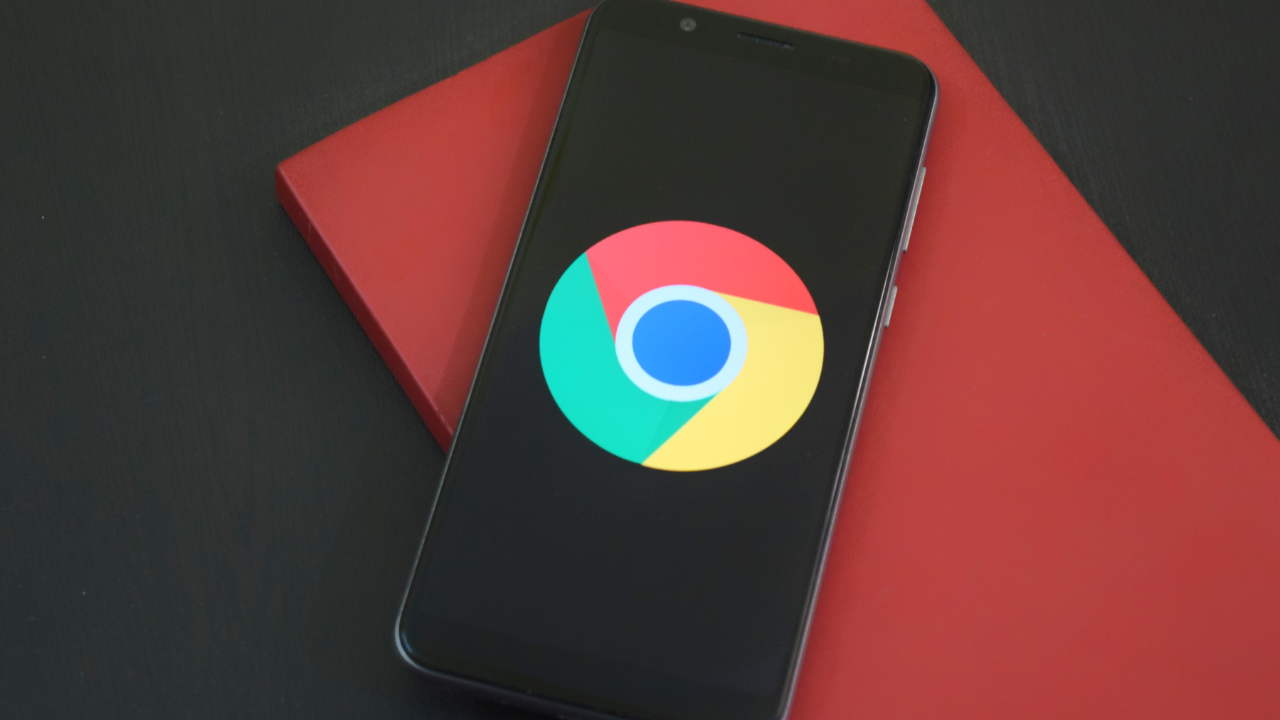OpenAI, the parent company of ChatGPT, expresses its interest in buying Google’s flagship Chrome if the ongoing antitrust probe mandates it. It will be just to restore competition in the search landscape, as per OpenAI. Nick Turley, Head of Product at ChatGPT, makes the statement as he testifies before the US Department of Justice (DoJ) in the antitrust probe going against Google.
Earlier, the department had concluded that Google enjoys a monopoly in online search and related advertising. Currently, the department wants Google to undertake far-reaching measures to restore competition in online search. While Google doesn’t agree with the conclusion, it plans to challenge the DOJ’s conclusion.
Blurring Boundaries between Search and AI
The opening statements from the prosecutors raised concerns over Google’s influence over consequential technologies and advancements like AI and LLM. Such a hegemony over the search landscape gives Google an edge or unfair advantage over the other companies. The prosecutors argued that its AI products are another way to lead users to its search engine.
OpenAI’s Testimony
In an internal document presented at trial by Google’s attorney, Turley wrote last year that ChatGPT was leading the consumer chatbot market and did not view Google as its primary competitor. He testified that the document was intended to motivate OpenAI employees and emphasized that the company would continue to benefit from broad distribution.
Blocking a Better Product
"We believe having multiple partners, and in particular Google's API, would enable us to provide a better product to users," OpenAI told Google, according to an email shown at trial.
This becomes more important and a deterrent in the background of the fact that Google had rejected a proposal from OpenAI to integrate its search technology into ChatGPT. According to Turley, OpenAI approached Google after encountering issues with its existing search provider; he did not name the provider.
Exclusive Deals Coming to an End
Google considered striking exclusive deals with Android phone makers like Samsung that would prioritize not just its search app but also its Gemini AI and Chrome browser, according to a document presented at trial.
However, rather than pursuing further exclusivity, Google opted to ease restrictions in its latest agreements with manufacturers such as Samsung and Motorola, as well as carriers like AT&T and Verizon, permitting them to preinstall competing search services, additional documents revealed.




